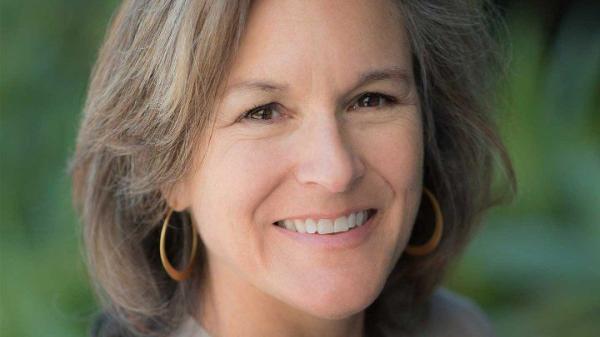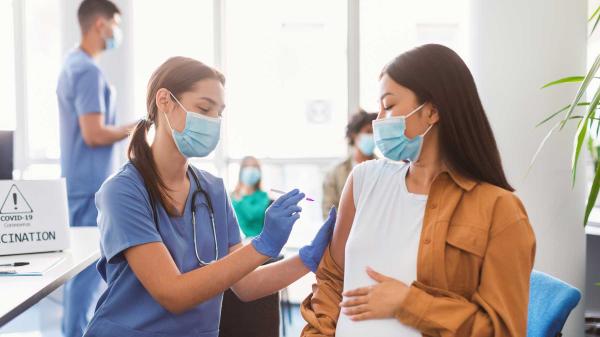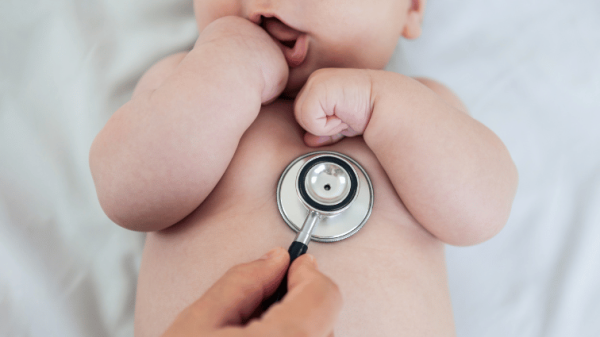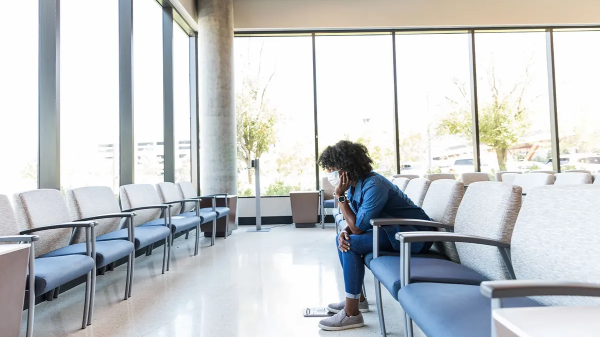Participants Can Donate Their Google Location History to Promote a Safer Reopening
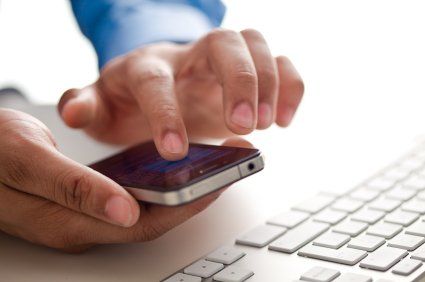
Scientists at UC San Francisco are inviting the public to contribute the location data that Google collects from their mobile devices to a new study called Covidseeker, which aims to improve contact tracing efforts and help scientists understand how the coronavirus is spreading from person to person.
Whether you have an Android device or just use Google Maps on your phone, Google logs your longitude and latitude on average every two minutes and can pinpoint your location within a 6-foot radius.
Anyone with a Google account can download their own location data and donate it to Covidseeker, so scientists can use it to figure out where people were most likely to have gotten infected with SARS-CoV-2, the virus that causes COVID-19. This information will be especially useful as more schools and businesses reopen.
“We don’t just want people who are COVID-19 positive; we also want people who are negative, because we want to know what behaviors are protective,” said UCSF’s Yulin Hswen, PhD, assistant professor of epidemiology and biostatistics and a member of the Bakar Computational Health Sciences Institute at UCSF, who is the principal investigator of Covidseeker. “This will help policy makers adapt and fine-tune their public health strategies to be more responsive to what is actually happening.”
Movement timelines can also help people who have just received a positive test result recall where they have been and who they came into contact with when they were most infectious. Events that occur during the infectious period can be hard to remember, since it starts a few days before symptoms appear and ends about three days later for people who develop symptoms. For those who do not develop symptoms, the infectious period ends four to six days after infection.
The circumstances of each contact can then be discussed during interviews with case investigators to determine whether or not it posed a risk of transmission. For example, if everyone was wearing a mask or the windows were open, the risk would be lower. Also, though location data alone might make it appear that two people were standing next to one another, there may have been a wall between them at the time, meaning there might be no risk at all. This sort of context can help reduce the number of people who are unnecessarily asked to get tested or told to quarantine.
The data also may help case investigators figure out how an individual was infected and can reveal larger patterns of where, when and under what circumstances people in general are becoming infected, something that is still only barely understood.
People who join the study will be asked to download their location histories from time to time, while also reporting on their symptoms each day through a companion UCSF effort called the COVID-19 Citizen Science Study, which launched last spring.
After giving their consent, participants can choose which data they want to donate. Participants’ data will be deidentified and stored in a manner that ensures privacy. And it will only be shared with other public agencies, such as the National Institutes of Health, which is funding the study, or the California Department of Public Health, on the ZIP code or county level, with home addresses and the places where people are sleeping removed.
The UCSF project takes a different approach from the one that Google and Apple are using in their contact tracing apps. Those apps use Bluetooth beacons to detect phones that are nearby in real time, sending alerts whenever users come near someone who reported having tested positive.
By contrast, Covidseeker looks back in time. With enough participants, it may be able to recreate people’s movements when infection rates were rising and falling in the spring and summer of 2020, giving epidemiologists an invaluable source of data as they try to predict what is going to happen in the fall and winter.
“The best predictor of future behavior is past behavior,” said George Rutherford, MD, professor of epidemiology and biostatistics and principal investigator of UCSF’s contract with the state of California to train contact tracers. “We need to use real data to get the kind of estimates we need to decide when and where to reopen, and how to do so safely.”
Those interested in joining can text SEEKER to 41411 to download the COVID-19 Citizen Science mobile app. Once enrolled in that study, participants will receive an invitation to share their location history with Covidseeker. Users can opt in to receive information about their mobility and how it ranks with others in their community. Users can also opt in to receive alerts that they have been in close contact for several minutes with an infectious person.
Funding: This project has been funded in whole or in part with Federal funds under Contract No. 75N91020C00039 as a component of the Congressionally supported response to COVID-19 from the National Institute of Biomedical Imaging and Bioengineering and the National Cancer Institute, National Institutes of Health, Department of Health and Human Services.
The University of California, San Francisco (UCSF) is exclusively focused on the health sciences and is dedicated to promoting health worldwide through advanced biomedical research, graduate-level education in the life sciences and health professions, and excellence in patient care. UCSF Health, which serves as UCSF’s primary academic medical center, includes top-ranked specialty hospitals and other clinical programs, and has affiliations throughout the Bay Area.

